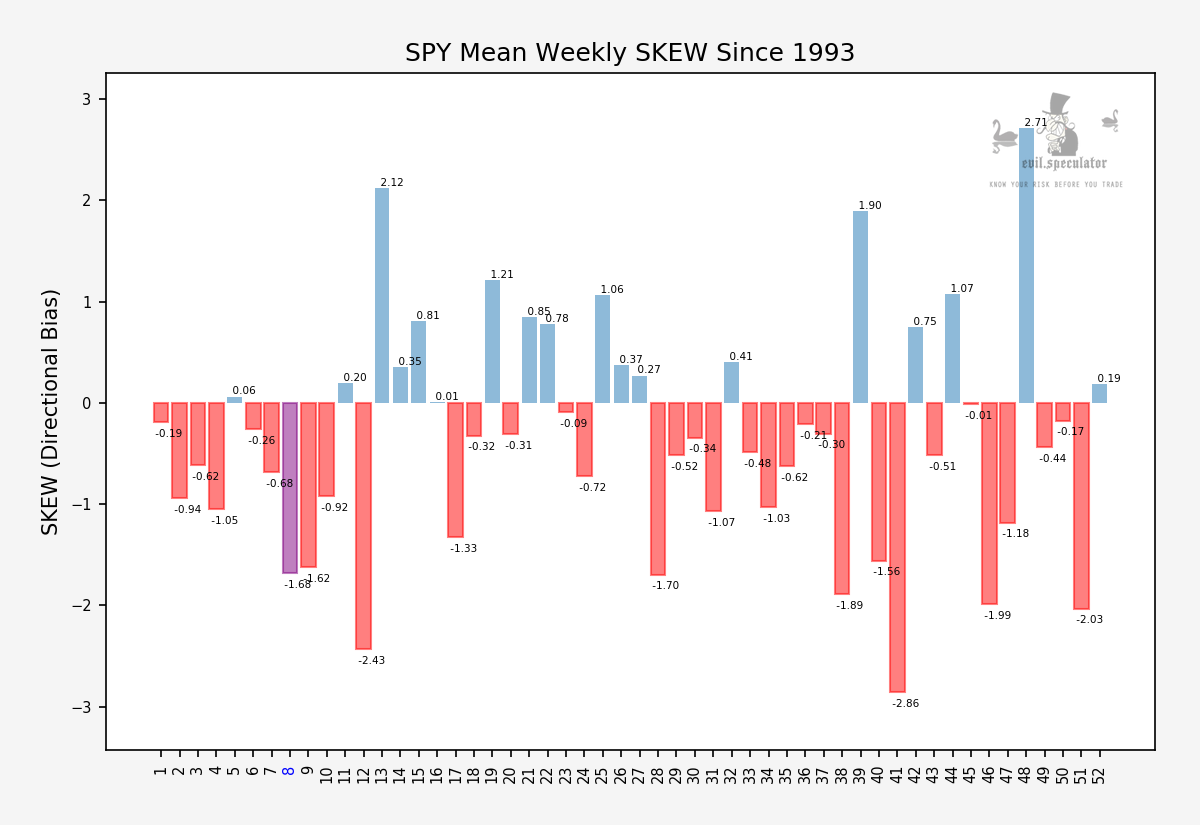FOMC Anticipation
FOMC Anticipation
As I mentioned yesterday, we’re due to be served the FOMC minutes today at 7:00pm, and I expect equity as well as forex markets to mostly churn in circles ahead of that. Which for me means no new campaigns until the dust once again has settled. Of course crypto currencies at least remain relatively unaffected from that particular driver of volatility, so let’s try to spend our waiting time productively:
My BTC campaign unfortunately met its maker and I got stopped out at with only 3R in profits. Yes, I’m kidding of course – that’s a nice return in my book which as you all know has slow and manageable accumulation as its central theme.
If it wasn’t for those daily SMAs looming right above I may be tempted to grab another long position. However I saw several other crypto pairs dip lower this morning and thus decided to hold off for the time being.
REP/USD a.k.a. Augur is one of them, but that’s not why I’m showing it here today. Rather I am compelled by two things. First the potential for short term mean reversion trades judging by all that intra-day wick action. I think basic system could be to slap on a 50/2.0 BB and then wait for a spike high or spike low outside the upper and lower 2.0 standard deviation. Seems to work even during a fast sell off apparently if you take profits right after the follow up candle. Off the cuff back test rule would be a 1R target with a trail moving to break/even after 0.5R or something. What do you guys think?
Now second, I know what you are all thinking…
What is Augur?
See the cryptocompare description below:
Augur is an Ethereum-based decentralized prediction market that leverages the wisdom of the crowds to create a search engine for the future that runs on its own token, REP. Augur allows users to create their markets for specific questions they may have and to profit from the trading buys while allowing users to buy positive or negative shares regarding the outcome of a future event.
How does it work?
The value of each share adds up to one dollar, so if a negative share is worth 50 cents and if a positive share is worth 50 cents, there is a 50/50 probability of said event becoming true or false according to the platform. If that event is proven to take place, the positive shareholders will receive a full dollar for each share bought. The current market price of a share is an estimate of the probability of an event occurring.
Users don’t have to hold on to a share until the event takes place, as shares can be freely traded in the Augur exchange until the event takes place.
Let’s say we’re betting on a sports tournament. A user can buy shares for the underdog to win the championship at a cheap price, 10 cents for example. As the tournament progresses, this underdog surprises everyone by winning some games. The price of that share will certainly rise given the success of the team, meaning that we can now sell the share for a higher price, let’s say 60 cents, making a 50c profit for each share sold.
After the event takes place, thousands of users will then report the outcome using the Augur token (REP), meaning that the result of the event is not reported by a central authority, but by a large group of individuals that participate in the Augur system.
Other than providing a source of income for market creators, and entertainment for speculators, Augur provides another useful feature by leveraging the wisdom of the crowd concept ( if you ask the same question to a large number of people, their average answer will always be far more accurate then the answer provided by a specialist), meaning that Augur can be used as the search engine for the future.
This concept isn’t new, however, as prediction markets have been around for a while, however, Augur is the first decentralized one, meaning that users do not have to trust a central authority to report on the outcome of events, as this creates a single point of failure and leaves the market open to mistakes or outright manipulation. With Augur, thousands of REP token holders will verify this outcome, making manipulation or error virtually impossible.
Anyone can create a market for a future event, regardless of the event itself, by providing the initial funding and liquidity for shares. Market creators receive a monetary incentive from the fees generated by the market, as users buy and sell shares for that event.
I’m really not a gambler but this sounds like a pretty fascinating concept to me. Especially sports betting is YUGE pretty much anywhere on the planet and not having to deal with possibly corrupt bookies who may lock up your winnings for subjective reasons could possibly revolutionize the sports and event betting market.
So for me a possible LT investment candidate, after a juicy dip of course 😉













